Celebrating Lunar New Year at iKids Montessori Academy
Celebrating Lunar New Year at iKids Montessori Academy
2023-01-27
![[object Object]](https://ikids-back-staging-mooc.s3.ca-central-1.amazonaws.com/children_play_bfa6d00dd8.png)
“Outside?” “Mommy can I play?”, “Daddy can I go outside?”, “I want to play” and “Apple” are just a few examples of things children may verbalize when they are curious and want to explore and engage. Let’s say yes to play (Within reason, of course)! Play is an important aspect of children’s development and through play, children learn about themselves and the world around them. Whether your baby is mouthing toys, your toddler is observing pictures in a book, your preschooler is pretending to be their favourite superhero, or your school-aged child is playing on playground equipment at the park, they are all learning and developing in different ways through play experiences.
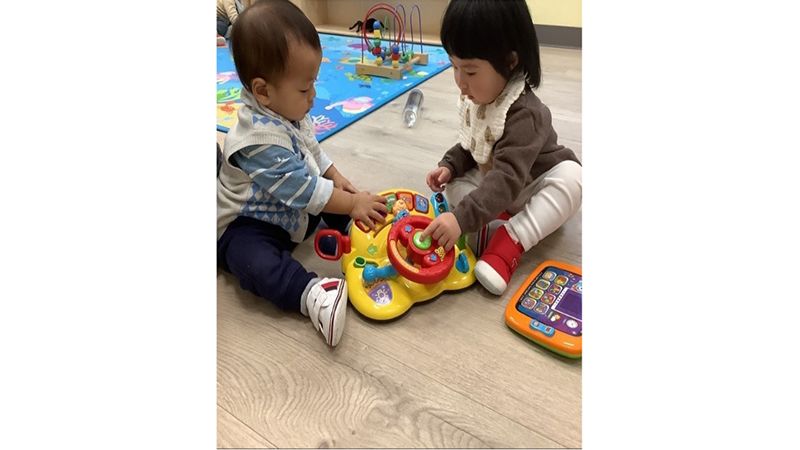
Indoor or outdoor, wherever the location, play supports children’s abilities to learn and strengthen important developmental skills such as social, emotional, cognitive, language and literacy, and physical skills that will continue to grow through their lifetime. This is why early childhood education is essential and at iKids, our educators help teach children to learn play.
Let’s take a look at how children’s play changes by age which ultimately fosters and paves a child’s development which Montessori Education will take care of.
This stage is mostly demonstrated in infants. During this stage, your baby will be making random gestures and movements with their arms, legs, hands, and feet. These body movements are to learn and discover how their body moves and how to move within their environment. This stage may not seem like a stage of play. However, it does set the foundation for future play exploration.
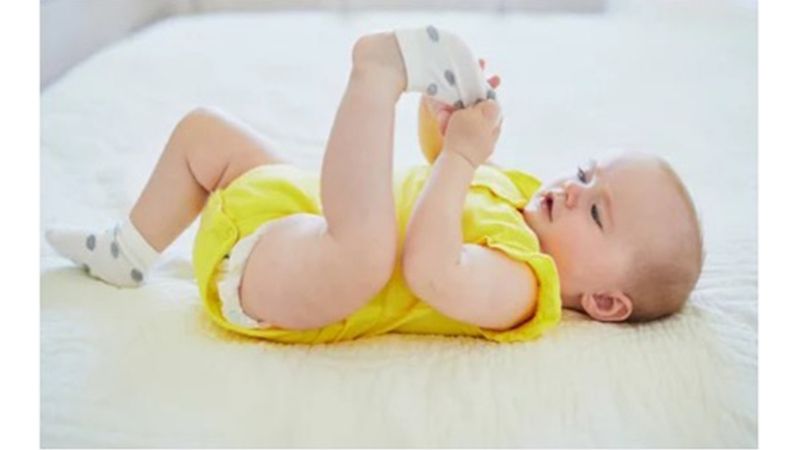
This stage is when your child plays independently, and although this may seem lonesome it is a valuable skill and a milestone. This stage of play teaches infants and toddlers to entertain themselves and fosters their independence in the future.
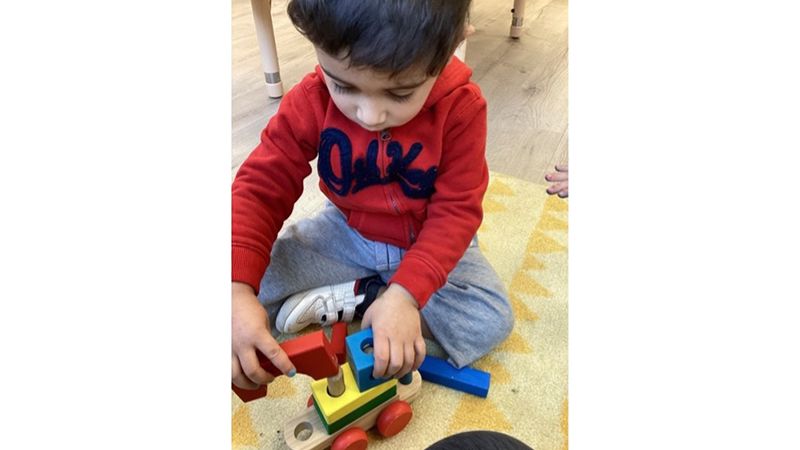
During this stage, a child will watch other children playing but does not play or engage with them. Instead, a child will observe others and take mental note of their actions. As the child is observing they are increasing cognitive, social, and emotional skills.
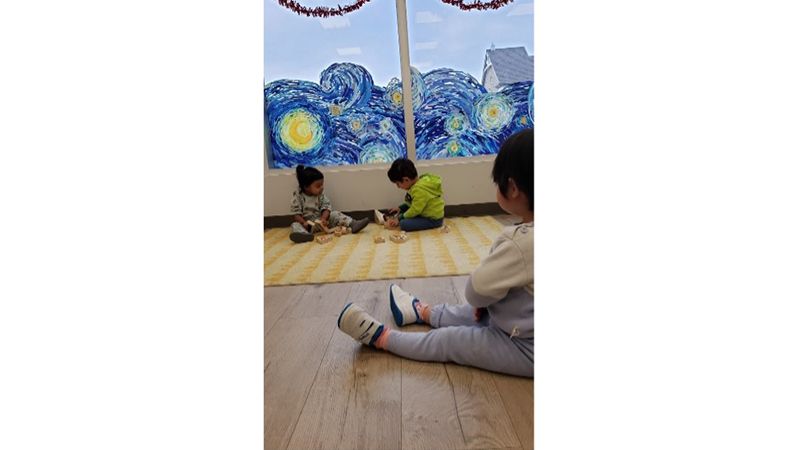
This stage is where children play in proximity to others using similar play items without an exchange of items or ideas. When a child does not play with others while playing near or alongside them it is not a cause for concern. Parallel play is an important first step in learning how to play cooperatively with others.
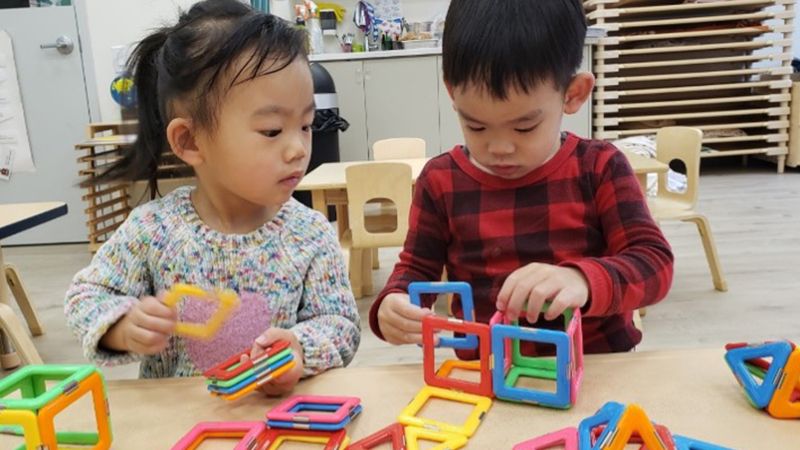
This stage is where children begin to engage with others while in play, but there is not a lot of interaction or cooperation. Children might be playing in the same area but doing different things.
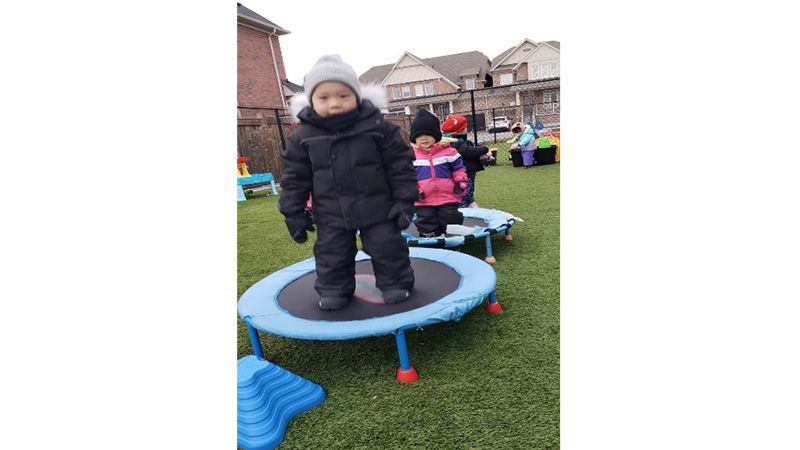
At this stage, children are playing and working with others purposefully to complete a goal. This stage fosters the skills needed to collaborate and cooperate at school.
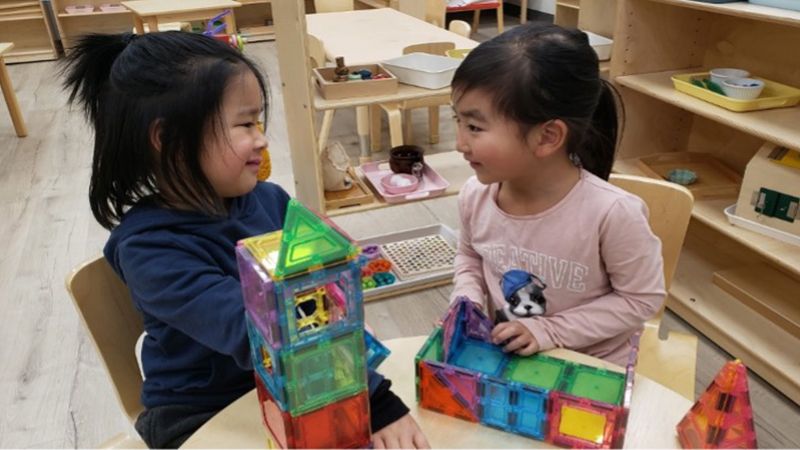
Through the stages of play development, your child will engage in having fun, being creative and building confidence all while developing social, emotional, cognitive, language and physical skills. Next time your child engages in play just know they are developing skills that will be valuable later in their life. You too can support and extend your child’s play just by simply adding, validating, and engaging with your child during play!
If you have any questions or concerns regarding iKids Montessori Academy or require further information, please feel free to contact us, we are located at 12955 Bathurst Street in Richmond Hill, ON and 8855 Woodbine Ave in Markham, ON. We would love to chat more with you about our curriculums and different programs!
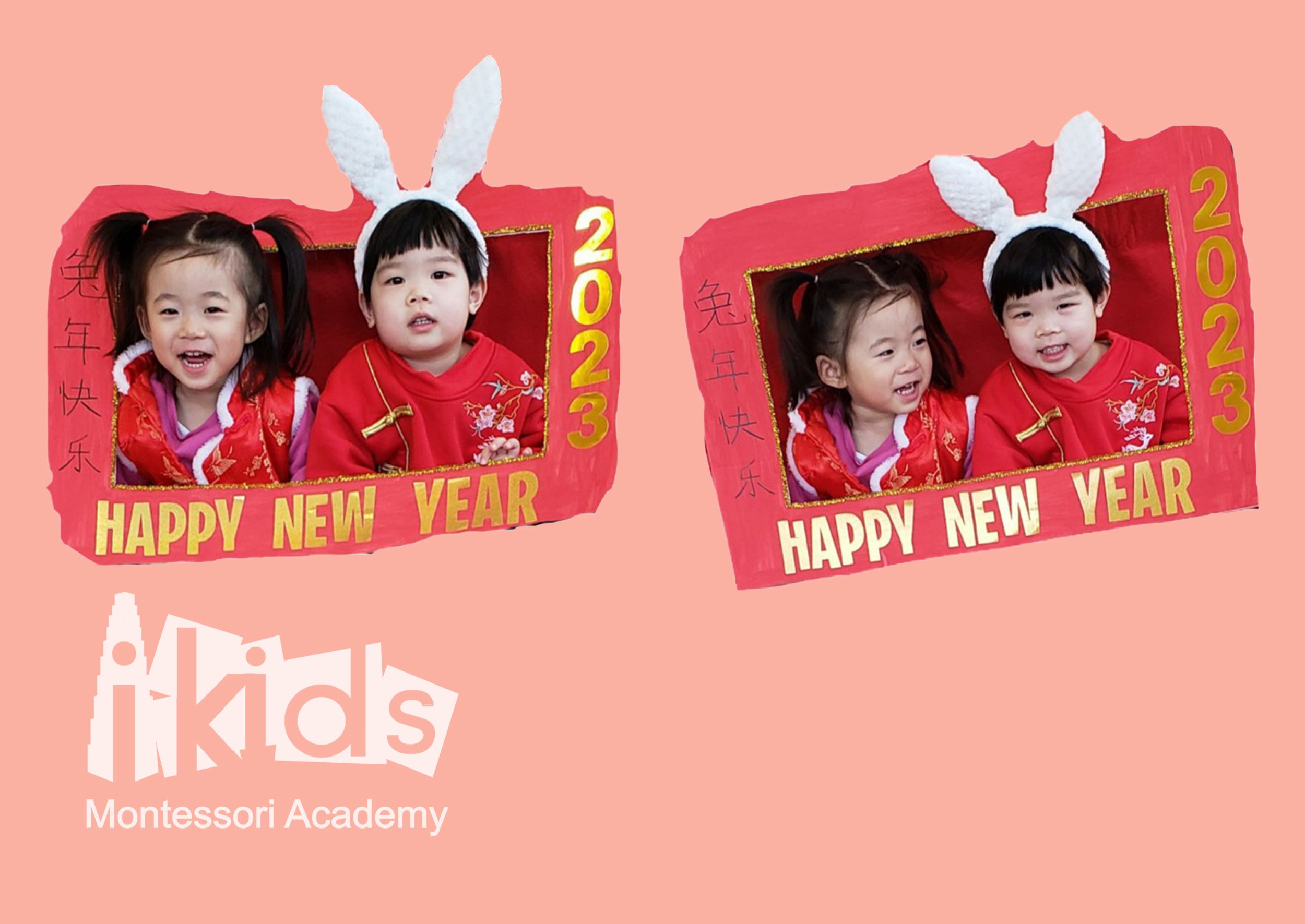
Celebrating Lunar New Year at iKids Montessori Academy
2023-01-27
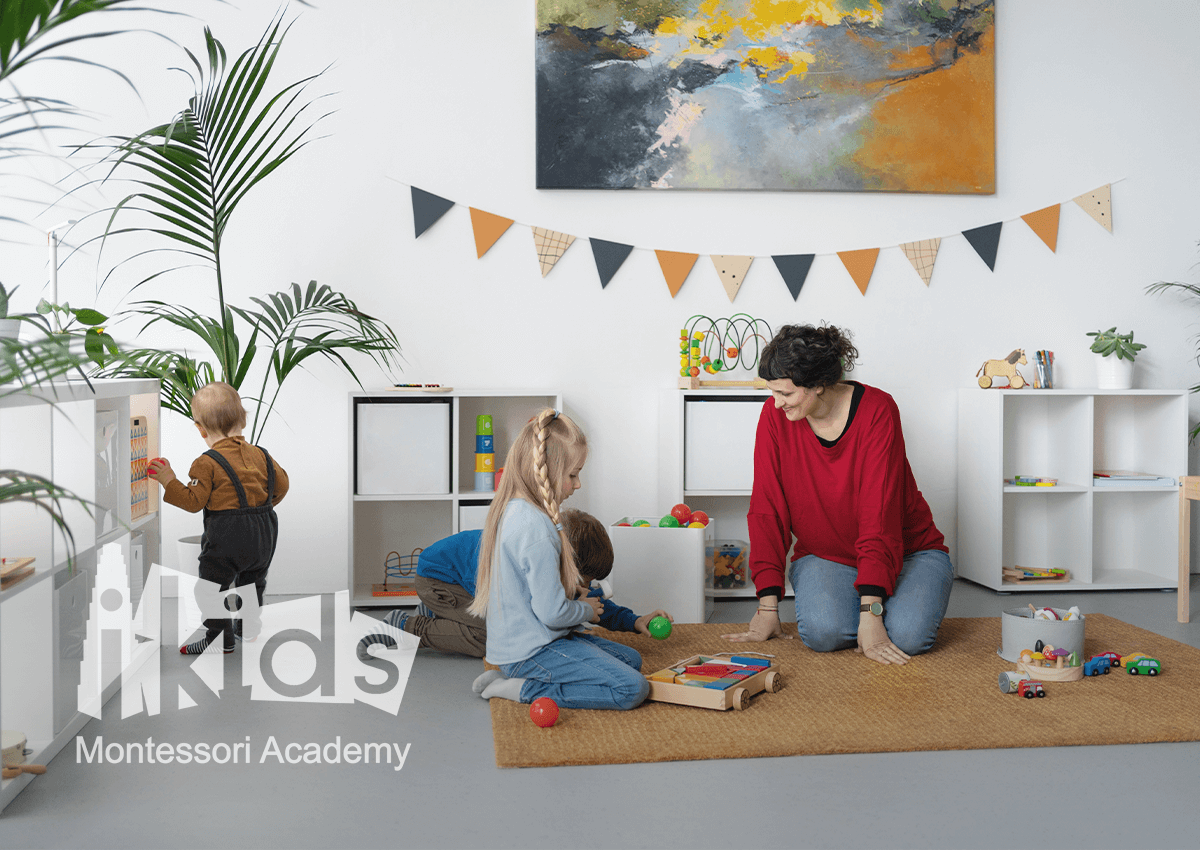
Montessori education is a unique approach to learning that emphasizes independence, self-directed learning, and respect for a child. At ikids Montessori Academy, we provide an environment that nurtures the whole child, both academically and emotionally.
2023-01-24
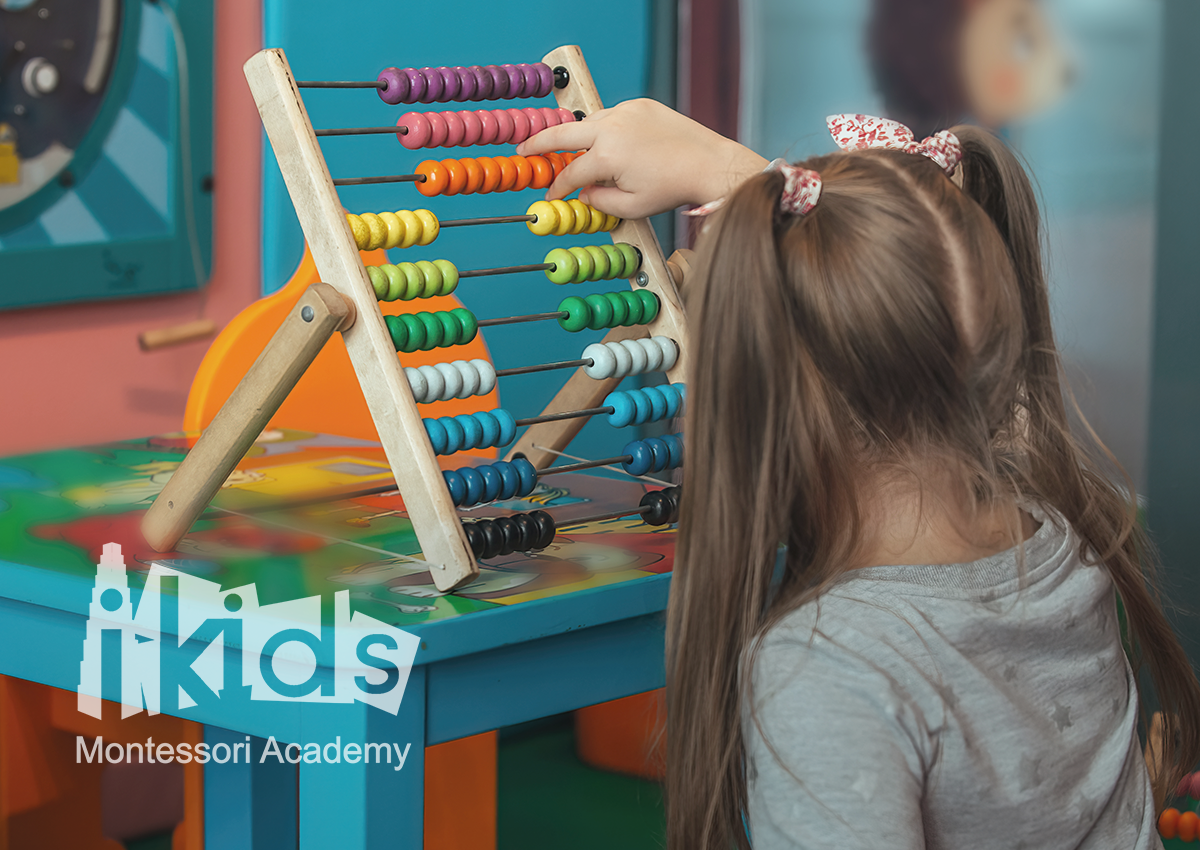
“Outside?” “Mommy can I play?”, “Daddy can I go outside?”, “I want to play”, and “Apple” are just a few examples of things children may verbalize when they are curious and want to explore and engage. Let’s say yes to play!
2023-01-09
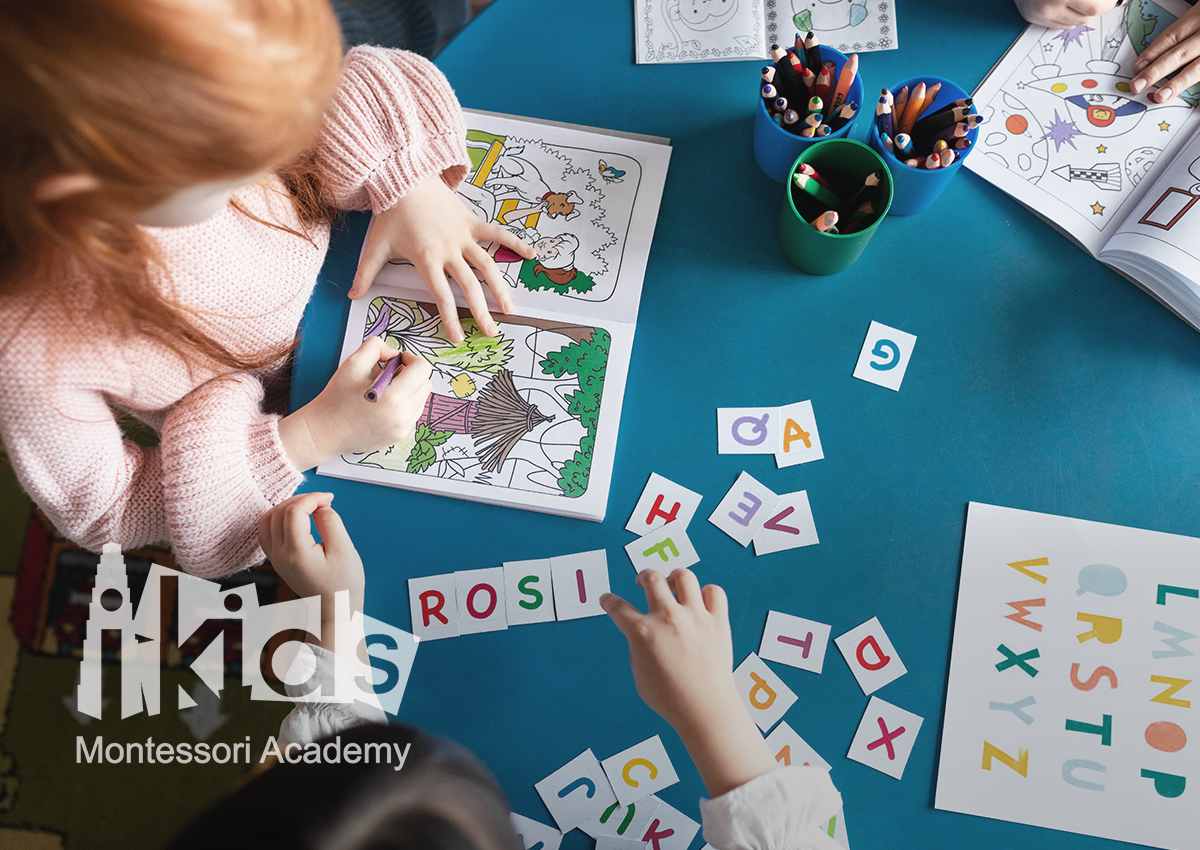
School is back in session, however, sending your children to even the very best of schools doesn’t let us parents off the educational hook. It is important to continue to foster your child’s educational experience at home and to provide a rich learning environment.
2022-11-02